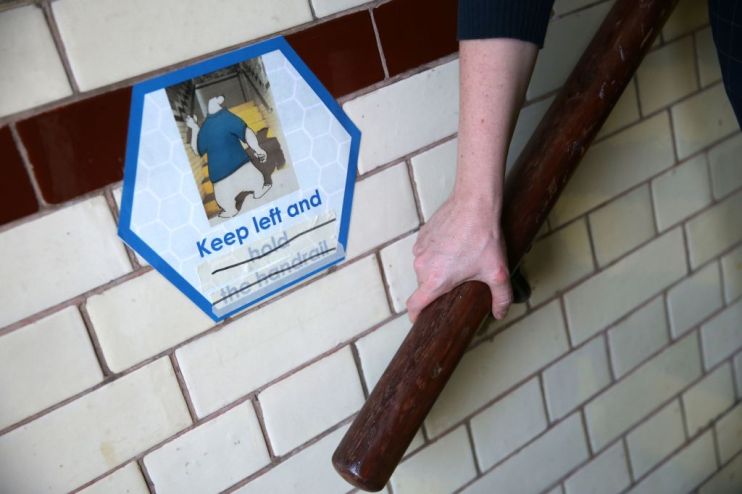Working families need a clearer roadmap out of lockdown

It is nearly nine weeks since I picked up my primary age children from after school club and told them all schools were closing. Despite the fresh air, pleasant surroundings and the late afternoon sunshine, the news was sitting uncomfortably in my stomach.
That week in March was already proving grim, with increasingly frantic news coming from across the Chamber Network as firms struggled to cope with forced closures and the dawning reality of what was coming for many more. I had spent the day in intense exchanges with government as we sought to convey the on the ground reality for companies across the United Kingdom.
The Government had already indicated it was prepared to take bold moves to support business through the measures announced in the Budget on 11th March. As it became clearer just how deep the impact of the pandemic was going to be, the government responded later that week with the introduction of the Coronavirus Job Retention Scheme, and has gone further since then with a range of other interventions to get cash to businesses who are struggling to weather the biggest changes in their operating environment in a generation.
Families, companies and employees found ways of muddling through the immediate crisis– either by furloughing staff, working from home with the children in tow or when absolutely necessary using critical worker childcare provision. My family too have adapted to this change. It’s not just about the schools being closed. Like many families, we relied on the support of grandparents, friends and school-based wrap around care to make it through the working week. Overnight, all of this disappeared.
We’ve since experienced the inevitable highs and lows – the relay parenting, home school dramas and impromptu child zoom appearances that will historically define this period. Faced with unprecedented demand on both the work and personal front, my job share partner and I introduced “extreme job-sharing” where we split the day in half. On lighter days, I tell her it will make a fantastic chapter in our book, on the tougher days we pick each up as we inevitably struggle to feel like we’re doing enough for either our family or our members.
But now we are emerging from the peak, employers are facing yet another difficult choice. When work can’t be done from home, what do we do about the lack of childcare for our workers? Our President, Baroness Ruby McGregor-Smith, wrote to the Prime Minister at the start of May, highlighting the importance of addressing the interdependences between work, transport and school as part of any restart plan. But so far, the plan is looking patchy and fragmented. Usually, relatives come to the rescue when schools are closed, but that’s not an option right now– even if these are young fit volunteers and not elderly grandparents.
Businesses have been told to have a conversation with their workforce about it. Of course, good communication with employees is critical, but this is not an answer in itself. Firms struggling to survive will be planning to restart operations, but without clarity on schools and childcare, who should they bring off furlough first? Those who are still juggling their caring responsibilities, or those with none?
With changes to the Job Retention Scheme on the horizon, the future for many working parents, especially with the long summer holidays looming – and the usual holiday clubs unlikely to be running – is uncertain. I spoke yesterday to a CEO of a large firm as he started to plan the return of workers who can’t work from home. He said “I simply don’t know what I am supposed to do about the childcare issue. I want to do the right thing by my staff and I want the company to survive. The two don’t necessarily match”.
The pandemic has proven to even more businesses that flexible working is a genuine solution. Enlighted employers know it can boost diversity, raise productivity and help people to balance work and life commitments. There’s no doubt that a diverse and inclusive workforce is good for businesss and the economy. So it’s vital that, in these uncertain times, we don’t unwind the welcome progress in flexibility and equality for parents – particularly working mothers – that has been made.
Right now we need bold and creative solutions. Government and business must work together to address the real challenges that working families – particularly the lower paid – and the firms that employ them are facing as the economy begins to reopen. Together, we must work to find fiscal and social policy interventions that mean working parents are not penalised for having children and that employers can retain skills in the workplace. We need a clear roadmap for families and employers alike.
Leaving this issue to chance poses real risk to the health, wellbeing, economic future of families as well as the shape and talent of the workforce of the future.